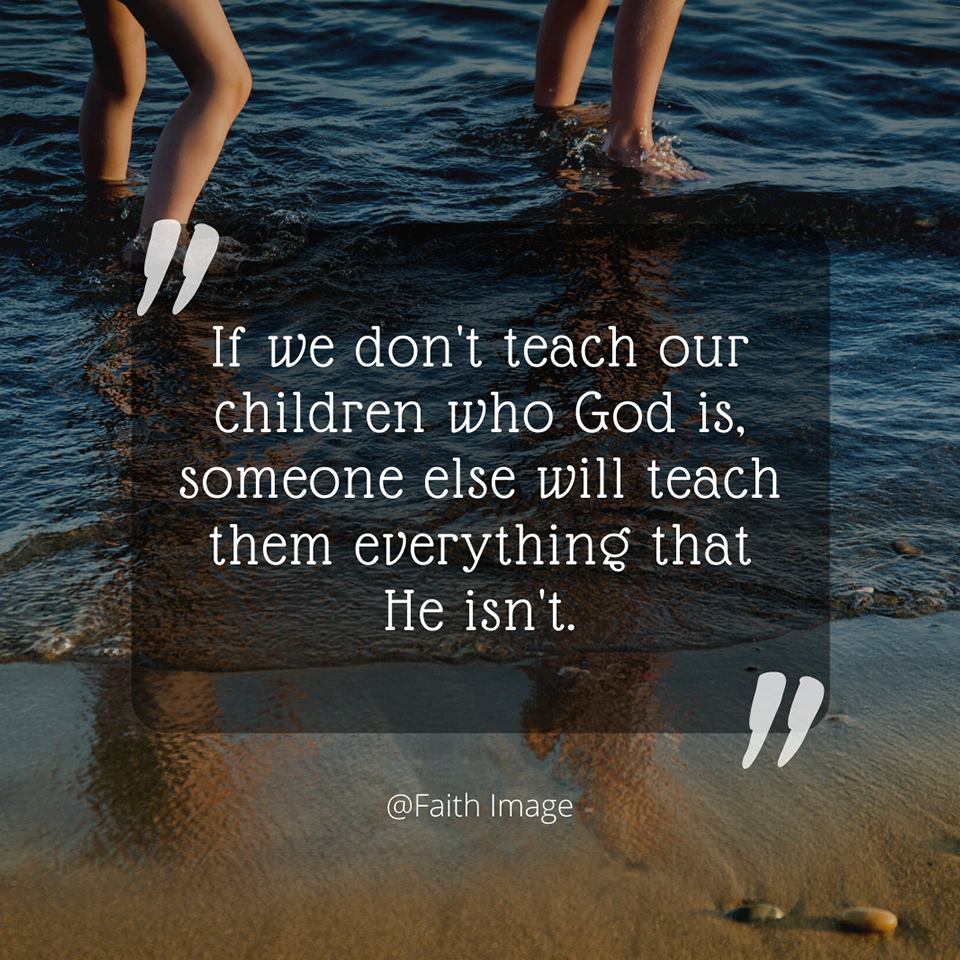In the contemporary world, where cultural pluralism and global interconnectivity reign supreme, the question of religious education for children stands as both significant and provocative: Should we teach our children one religion or expose them to all? This inquiry not only evokes intellectual curiosity but also poses profound implications for the ethical and moral development of children. Within the framework of Bahá’í teachings, this exploration takes on a unique dimension, advocating for a balanced and inclusive approach to spirituality.
Bahá’í principles are anchored in the concept of unity—unity of God, unity of religion, and unity of humanity. Consequently, the very foundations of Bahá’í belief encourage the teaching of religious tenets in an all-encompassing manner. This philosophy is predicated upon the understanding that all religious traditions converge towards the same ultimate truth, albeit viewed through different cultural prisms. This convergence raises a salient question: Instead of transmitting a singular religious doctrine, should we embrace an eclectic approach that incorporates various faith systems?
The prevailing paradigm for many parents often gravitates towards the idea of instilling a singular faith—usually that of the parents’ upbringing. By doing so, they may seek to provide their children with a strong sense of identity and belonging. However, this approach has its pitfalls. A monolithic religious education may inadvertently engender prejudices and a lack of appreciation for the richness of diversity. It could isolate children from the broader societal tapestry, limiting their capacity for empathy and promoting insularity. Such a cultural shortcoming can be antithetical to the very essence of Bahá’í teachings, which enjoin their adherents to reject prejudice in all its forms.
In contrast, exposing children to an array of religious philosophies allows for the cultivation of open-mindedness and critical thinking. It invites them to explore the core values shared across various traditions—be it love, justice, or the search for truth. These virtues are not exclusive to one religion; rather, they are universal principles that resonate across linguistic and geographical barriers. By engaging children in discussions about different religious beliefs, parents can nurture their capacity to discern commonalities in the human experience while respecting the uniqueness of each faith.
Furthermore, Bahá’í teachings emphasize the importance of moral education. This aspect challenges families to consider the implications of their educational choices. A Bahá’í perspective does not merely advocate for the amalgamation of all religions in a didactic sense but rather encourages a comprehensive moral framework that can be derived from the tenets of various faiths. Children can learn ethical conduct and responsibility while appreciating the diverse paths that humanity has undertaken in its quest for meaning. Through this multifaceted education, children may ultimately arrive at a more profound understanding of their spiritual identity.
However, it is worthy to note that teaching children about numerous religions does not imply a dilution of their eventual spiritual commitment. Instead, it equips them with the tools to make informed choices about their beliefs. This approach encourages autonomy, prompting them to engage with spiritual questions actively rather than accept doctrines passively. It endows them with the resilience needed to navigate the complexities of belief systems in a globalized society, enabling them to forge their unique spiritual pathways.
One may ask: how can parents effectively implement this inclusive religious education? Engaging children in dialogues about other religions can begin at an early age. Storybooks, interfaith family gatherings, and community events can serve as vital resources. Visits to differing places of worship can also enrich a child’s understanding and appreciation of varying customs and rituals. These experiences demystify unfamiliar practices and foster respect for diverse expressions of faith.
Moreover, it is essential for parents to maintain an open and inquisitive posture, fostering an environment where questions are welcomed and encouraged. Such a dialogue fosters a culture of curiosity, prompting children to seek knowledge rather than accept dogma. Critical discussions about the historical and sociocultural contexts of various religions can further deepen their insights, allowing them to engage with spirituality in a nuanced and profound manner.
Ultimately, teaching children about one religion versus all of them shapes not only their understanding of faith but also their worldview. A Bahá’í educator would posit that the latter path—interweaving various religious narratives—enriches their lives and promotes a spirit of unity and understanding. As humanity strides along the path of collective evolution, it becomes imperative that future generations are equipped not just with knowledge but with the wisdom to unify amidst diversity.
This perspective poses an intriguing challenge: as parents and educators, how can we cultivate this openness in a manner that is simultaneously rigorous and respectful? Encouraging a path of exploration rather than a destination of certainty may very well serve as a guiding light in the religious education of our children. It is an undertaking that invites profound reflection and, inevitably, meaningful change in both individual lives and the broader world.
